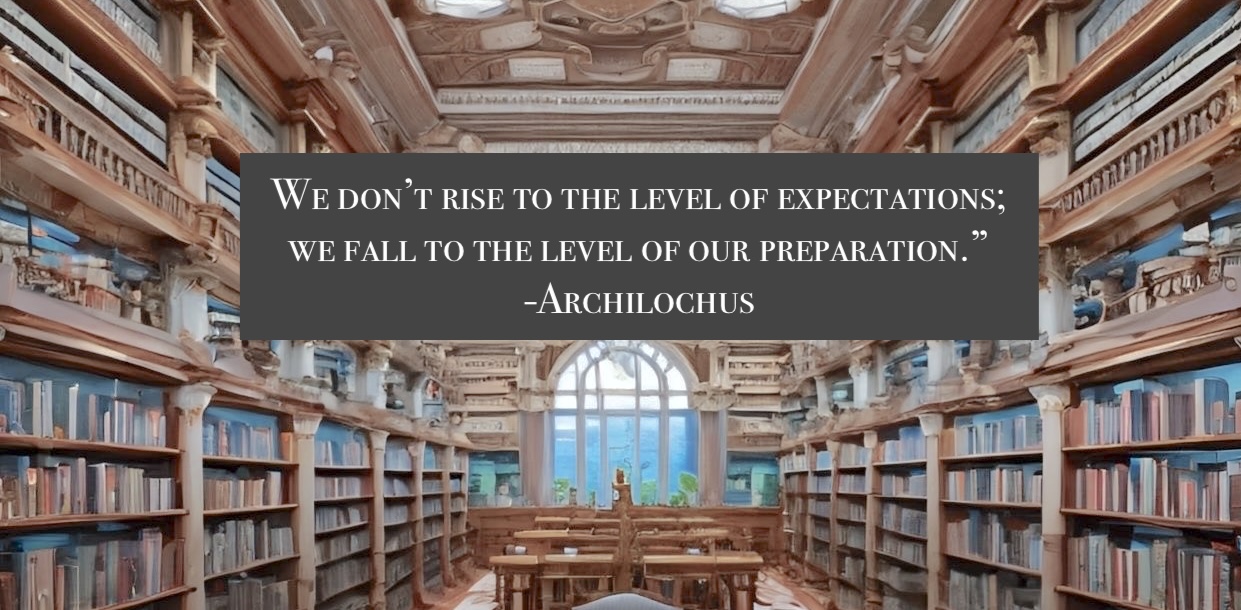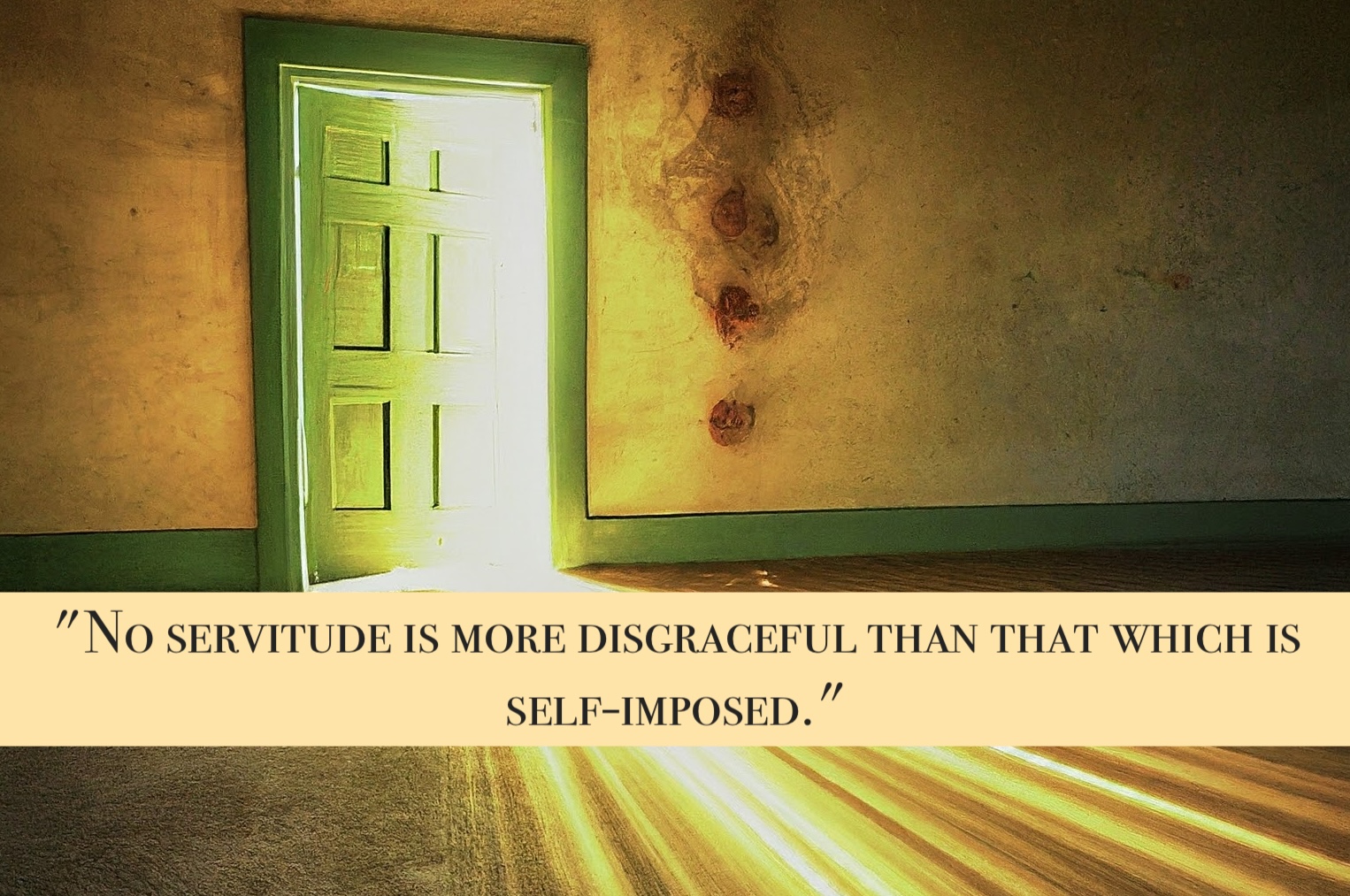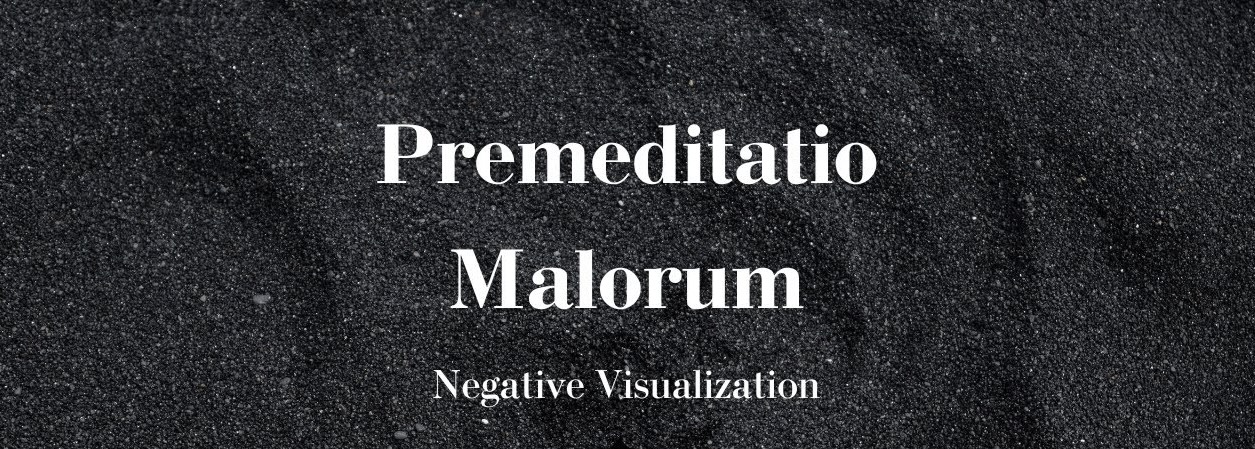My Favorites and The Most Impactful Reads From 2023

"To read without reflecting is like eating without digesting."
- Edmund Burke
As the year 2023 bid its farewell, here are some of my impactful reads (books, articles, journals, etc) from 2023:
1. That which is Absurd.... (January 2023)
"The Stranger by Albert Camus": The year commenced with "The Stranger" by Albert Camus, a philosophical exploration of absurdity and existentialism. Camus's "The Stranger" has lot more to teach on emotional authenticity, the absurdity of life, resistance to societal expectations, and the search for personal freedom. In essence, absurdity here refers to humanity’s futile attempt to impose meaning and rationality on a meaningless and irrational universe. In the modern world we try to seek meaning from the meaningless and irrational world and this misconnection is the root of all problems if we stop and think about it. These lessons will help me in deeper understanding of human nature moving forward.
More about "The Stranger" is here: Albert Camus's Absurdity from "The Stranger"
2. The Ancient Wisdoms on Everything.... (February 2023)
"The Republic" by Plato: Written in 375 BC, this is considered to be the world's most influential works of philosophy and political theory, both intellectually and historically. I am very fortunate to have the opportunity to read this ancient wisdom. The more I think about present day world of chaos and war the more I think about this book because our present day world lacks the ideology presented in this book. Even though this book was written almost about 23 century ago, we haven't been able to learn for it. It is not shocking however, because of how ideal this book is.
This book is presented as a dialogue between Socrates and various other characters during his time that explores various aspects of justice, morality, and the nature of the ideal state and the philosopher's king. I am not going to go through all five parts of this book because there will be a lot to say about this book (Here is what plato had to say about Ideal City and The Theory of Art on The Republic: On Ideal City And The Theory Of Art: Plato’s Republic.
Here is more about Plato's Republic: Plato's Republic: The Wisdom on Everything
3. Creating a Great Stories.... (March 2023)
"A Million Miles in a thousand Year" written by Donald Miller is very thrilling read and an introspective journey into the art of storytelling and its application in our daily lives. Here is the author's note from the beginning of the book: "The truth is, if what we choose to do with our lives won’t make a story meaningful, it won’t make a life meaningful either." His real life stories have so much to teach. We all should live a great story and great stories happen during conflicts. This book conveys the importance of intentionality and purpose in creating meaningful narratives and a fulfilling life. He suggests us to look into our lives as if we ourselves are the main character of a story. So, how would you define the main character? "One has to jump into the discomfort and fear; so the story will happen." the book says.
4. The Re-reads..... (April 2023)
"Sapiens: A Brief History of Humankind" by Yuval Noah Harrari: Last time I read this book was in 2020 and I got very new insights during this read. It's a book that explores the history of the human species from the emergence of Homo sapiens in Africa to the present day. The book is divided into four parts: the Cognitive Revolution, the Agricultural Revolution, the Unification of Humankind, and the Scientific Revolution. The thought provoking ideas in this book challenges our conventional wisdom and invites us to think critically about the forces that have shaped human history.
Capitalism Alone by Branko Milanovic: During this current times of political turmoil and fight for economic power, the idea of Liberal Meritocratic Capitalism and Political Capitalism is very insightful and it must be in everyone's reading list.
5. The thought-provokings.... (May 2023)
"Candide" by Voltaire: A very satirical novella written in 18th century and considered one of the greatest works of Western literature has lot more to teach modern day people about blind optimism, the fallacy of utopian society, war and violence, hypocrisy and corruption, human resilience and adaptability. The things that happen to Candide in this book taught me that all is not for the best and this is not the best of all the possible world and optimism is absurd. The repeated misfortunes befalling Candide underscore the folly of maintaining such an overly optimistic worldview in the face of harsh realities. It's a very interesting read consisting of wit, humor, and biting critique of the prevailing ideologies of its time.
"Beyond Good and Evil" by Frederich Nietzsche: This is one of the most thought-provoking books I have read this year. Nietzsche's compelling critique of traditional morality and offering of alternative perspectives on how we can approach moral values is very provoking to modern world. He says, "Morality is just a fiction created by the herd of inferior people to hold back few superior man." Not only about morality, he talks about the will to power and the Übermensch, the evils of religions, Perspectivism, eternal recurrence and many more. Here are some of the Profound Insights from Beyond Good and Evil.
More from Beyond Good and Evil: Beyond Good and Evil: A Personal Exploration of Nietzsche's Philosophy
6. That one for Death.... (June 2023)
"Mediations" by Marcus Aurelius: I am reading this book third time and everytime I read this book, it feels like I am reading it for the first time. This was a philosophical journal written during Marcus's military campaigns and was never intended to be published.
Marcus Aurelius was the stoic philosopher and a Roman Emperor who not only talked about the stoic virtues of Courage, Wisdom, Justice and Temperance but also walked it in his real life. Having lost is eight children in infancy, he stood bold against death and ruled the Roman Empire with is philosophy. The idea of duty and service, humility, impermanence and mortality, mindfulness and reflection, humanity, inner virtue, resilience, etc. still resonates till this date. It is one of those book that has tested the time and will still last for centuries. More about Marcus's wisdom is found here.
Here are some of my favorite quotes from Meditations:
"Soon you will have forgotten all things and soon all things will have forgotten you."
"Waste no more time arguing about what a good man should be. Be one."
"Very little is needed to make a happy life; it is all within yourself, in your way of thinking."
"The best revenge is not to be like your enemy."
"Think of yourself as dead. You have lived your life. Now take what's left and live it properly."
"It never ceases to amaze me, we all love ourselves more than other people, but care about their opinions than our owns."
"If it's not right, don't do it. If it's not true, don't say it."
Meditations, Marcus Aurelius
7. The Continuation of Absurd.... (July 2023)
"Myth of Sisyphus" by Albert Camus: Second book I read of Albert Camus this year. The more I read his books, absurdism seems to be true is many cases. I don't know if I completely agree with his ideas, but he might be right. An existentialist philosophical essay written by Albert Camus, first published in 1942, explores the themes of absurdity, the meaning of life, and the concept of suicide. He starts the essay with following message, "There is but one truly serious philosophical problem and that's suicide...." A very typical Camus introduction.
The essay takes its title from the Greek myth of Sisyphus, a king condemned by the gods to roll a boulder up a hill, only to see it roll back down each time. Sisyphus represents the absurd hero who persists in the face of a seemingly meaningless and repetitive task. BUT the secret that Camus sees is "one must imagine Sisyphus happy." OHH!!! this is so cruel!
The idea of Absurdity and suicide and it's co-relation, the revolt against the absurd, the character of absurd man, philosophical suicide, rejection of hope, and many more are some important lessons to be learned from this significant work of Camus.
8. Life Long Lessons.... (August 2023)
Discourses by Epictetus: I have always wanted to read this and time had finally come to get into this. Epictetus, a Stoic philosopher, did not write down his teachings, but his ideas were transcribed by his student Arrian in a work known as the "Discourses." The "Discourses" is a compilation of dialogues and teachings that convey Epictetus' Stoic philosophy. The key teaching from this book that will remain in my life are the stoic ethics, the dichotomy of control, endurance and acceptance, role of fate and determinism, Amor fati, Memento mori, fighting against impressions, social intercourse, friendships, and many more. More lessons from Discourses are here.
Some quotes to live by from the Discourses:
"He is a wise man who does not grieve for the things which he has not, but rejoices for those which he has."
"We cannot be hindered or disturbed by external things, but only by our own opinions and interpretations."
"We should not moor a ship with one anchor, nor our life with one hope."
"He who is afraid of death will never do anything worth of a man who is alive."
"If you want to improve, be content to be thought foolish and stupid."
"One must endure a tough winter training for the future situation that one is not prepared for."
Discourses, Epictetus
9. Modern World Connections.... (September 2023)
Fragments, Enchiridion by Epictetus: Epictetus has so much to teach to modern world. These are the two works of him. "Enchiridion" is a manual or handbook that encapsulates his teachings, while "Fragments" consists of various sayings and excerpts.
Enchiridion introduces the dichotomy of control, urging individuals to distinguish between what is within their control—such as their thoughts, actions, and attitudes—and what lies beyond their control—external events and the actions of others. Epictetus emphasizes the importance of accepting the inevitable, fostering an attitude of endurance in the face of challenges. True freedom, according to Epictetus, is achieved through rationality, self-discipline, and the alignment of one's will with the natural order of the universe. The manual encourages mindfulness, attention to the present moment, and the continuous practice of Stoic virtues, offering practical guidance for individuals seeking resilience, inner tranquility, and a virtuous life amidst the complexities of the external world.
10. That one for negotiation.... (October 2023)
Never Split the Difference by Chris Voss: Written by a former FBI hostage negotiator, this books has lot to teach about negotiation strategies and tactics based on his experience. The central premise of the book is that effective negotiation is not about compromise but about finding solutions that satisfy both parties while maintaining assertiveness. Voss introduces the concept of "tactical empathy," emphasizing the importance of understanding the emotions and perspectives of the other party to build rapport and influence outcomes. Practical techniques such as mirroring, labeling, and calibrated questions to navigate negotiations successfully are some useful lessons from this book. Overall, this book offers insights and actionable tips for negotiating in various contexts, drawing on real-world examples from high-stakes situations.
11. The Pre-socratics.... (November 2023)
Pre-socratics: Learned a lot about the ancient thinkers before Socrates and there is so much of knowledge we can learn today. They are the one who lived before Socrates in ancient Greece, laid the groundwork for Western philosophy. Anaxagoras's idea of Everything is in Everything and principle of predominance is very intriguing and it amazed me to know this was the origin of Darwin's theory. Anaximander suggested the existence of an infinite, boundless principle (the "apeiron"). He introduced the concept of "nous" or mind as a fundamental principle governing the universe.
Empedocles's (5th Century BCE) idea the two forces of cosmos; Heraclitus's vision of "reality" and "change" is very interesting. It is shocking but these three Pre-socratic pillars have shaped our modern day thought system and even the greatest scientific discoveries. Having the deep thoughts from cosmos to atoms to mind, Pre-Socratics did not form a cohesive school of thought, but their diverse inquiries and theories laid the foundation for Western philosophical traditions and scientific thinking. The lessons learned from their explorations continue to shape our understanding of the world and our place in it.
12. That one for Happiness.... (December 2023)
The Art of Happiness by Epicurus: Epicurus didn't write the book "The art of happiness", but his insights on happiness were collected and given the title as such. I had been reading about and following Stoicism for quite some time. I wanted to learn something opposite of this philosophy and hence came the Epicurus. His philosophy called the Epicureanism is a rival school of teaching to Stoicism in Ancient Greek. His philosophy centers around the pursuit of happiness, which he saw as the highest good. However, Epicurus' concept of happiness differed from hedonistic notions. More about the source of happiness according to Epicurus is here in this blog: The Eudaimonic Odyssey: Navigating Happiness with Epicurus
These impactful reads remain as beacons of wisdom, each imprinting its unique mark on my intellectual voyage. From Camus' exploration of absurdity to Plato's ancient wisdom and practical insights from negotiation strategies, these pages have been my companions in reflection, enlightenment, and a deeper understanding of the human experience. And 2024 will further enhance this...




Leave a Reply
You must be logged in to post a comment.